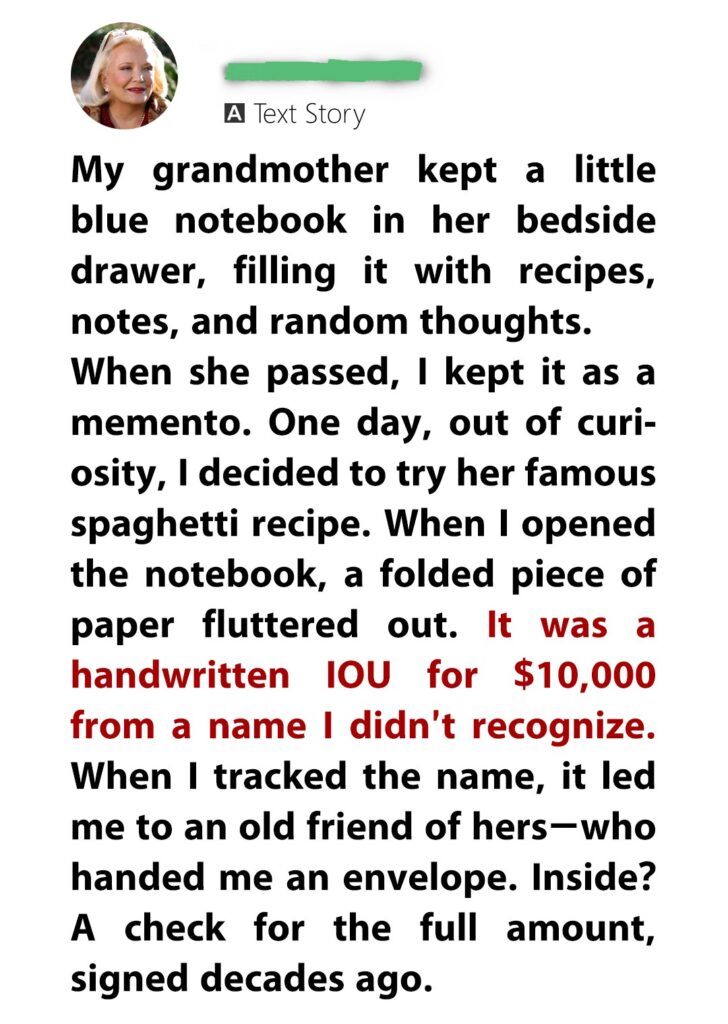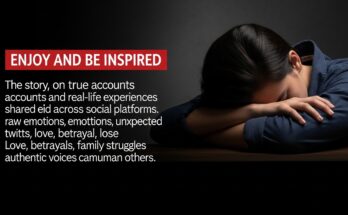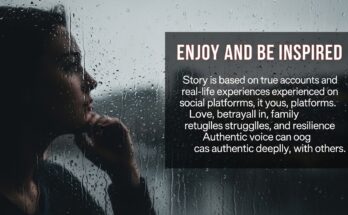Tucked away in the quiet of her bedside drawer, my grandmother kept a little blue notebook. It wasn’t ornate—just a simple, worn cover with pages filled in her looping script. Recipes, reflections, fragments of memory. It was her private archive of life’s small but sacred moments.
After she passed, I found it while sorting through her things. I expected nostalgia, maybe a few cooking tips. What I didn’t expect was a folded piece of paper tucked between the pages—a handwritten IOU for $10,000, signed by someone named Arthur Callahan. The name meant nothing to me, yet it stirred something faint and familiar.
Curiosity led me to Doris, one of my grandmother’s oldest friends. When I showed her the note, tears welled in her eyes. “Your grandmother,” she said softly, “had a way of seeing people. She lent Arthur that money when his wife was dying. He never asked—he was too proud. But she saw his need and gave without hesitation.”
Doris explained that Arthur had tried to repay her years later, but she refused. “You’ll know when the time is right,” she had told him. That time came after Arthur’s death, when his son tracked me down and handed me a check—still valid, still untouched.
I stared at it, overwhelmed. It wasn’t about the money. It was about the quiet grace of a woman who believed in people, who gave without expecting anything in return. Her notebook wasn’t just a collection of thoughts—it was a testament to a life lived with compassion, intuition, and quiet strength.
I used the money to fund programs at a local community center, helping families like Arthur’s once was. It felt right. It felt like her.
That little blue notebook taught me that legacies aren’t built on grand gestures—they’re written in small acts of kindness, folded into pages, waiting to be discovered.



